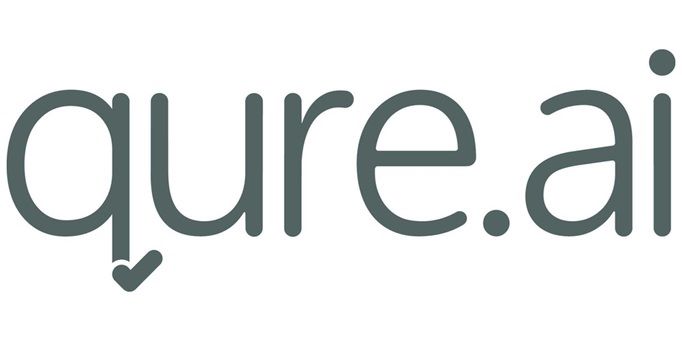Breakthrough expands proactive TB screening from birth to 15 years, ensuring faster and more accurate diagnosis

Qure.ai, a global leader in artificial intelligence (AI)-powered medical imaging and digital health solutions, has announced that its chest X-ray interpretation solution, qXR, has become the first AI-enabled TB screening tool to receive regulatory clearance for children aged 0–3 years.
The tool has earned CE Class IIb certification, extending its existing coverage for children up to 15 years of age and thereby encompassing the entire paediatric population.
Already cited twice in the World Health Organization’s (WHO) TB screening guidelines, Qure.ai’s technology now empowers national TB programs and healthcare systems worldwide to identify children at high risk of active TB — even when symptoms are absent.
Paediatric TB remains a silent global crisis. In 2023, nearly 1.3 million children under 15 years developed TB, accounting for about 12 per cent of total global cases. Tragically, an estimated 200,000 children died of TB in 2023, most of them under five. The growing prevalence of drug-resistant TB, including extensively drug-resistant forms, adds to the urgency for rapid, reliable diagnostic tools.
Diagnosing TB in children is particularly complex, as they often have paucibacillary disease and struggle to produce sputum samples needed for traditional tests. Chest X-rays serve as a critical diagnostic alternative — and AI-powered imaging takes this one step further. With AI-enabled chest X-rays, clinicians can rapidly screen large numbers of children, prioritize high-risk cases, detect asymptomatic disease, and reduce diagnostic delays. This not only enhances the efficiency of healthcare systems but also enables early intervention, significantly improving survival outcomes.
Dr. Shibu Vijayan, Chief Medical Officer, Global Health at Qure.ai, said: “Achieving CE clearance for AI-enabled chest X-ray screening in children represents a major leap forward in the fight against paediatric TB. The youngest children have always been the hardest to diagnose and the most vulnerable to severe disease. With this innovation, we are equipping healthcare systems across the world with a scalable and reliable solution to detect TB early, prioritize treatment, and ultimately save lives.”

Subscribe To Our Newsletter & Stay Updated